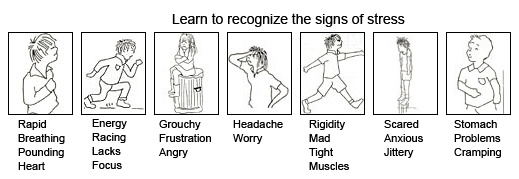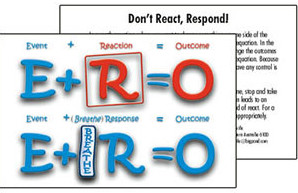Work stress with all of its negative implications has become so prevalent, it is almost considered inevitable.
But, if you understand how stress works and learn some useful coping strategies you can manage yourself differently even in high pressure situations.

Dealing with work stress
These simple tips will help you to:
- Stay calm and not ‘react’ in a way you might later regret
- Choose your response rather than feel driven to ‘react’
- Enjoy less anxiety and negativity
- Build resilience
Dealing with Work Stress
1. Notice when you have been triggered. 
This takes practice because our habit is to be fully identified with our experience as it occurs, totally in the drama. Instead of thinking that you are the difficult emotion, ‘the anxiety’ or ‘frustration’; try noticing the tension building in your body, your heart beating, your breath shortening or whatever you feel…
It only takes six seconds for the brain chemicals that cause the alarm reaction to diffuse. So ‘catching’ yourself when you are triggered and stepping back is vital.
Dealing with work stress
2. Breathe consciously to self calm, pause and take a step back

The breath calms and immediately reverses the stress reaction… the heart rate slows, blood pressure drops, the mind clears.
You question the accuracy of your thoughts and feelings. You see how reactive they were and have an opportunity to re-frame them.
Dealing with work stress
3. Move your body

If you are still agitated, you may need to ‘take a bathroom break’ or a ‘short walk’ and just get some physical space. When, you move your body, you change your physiology – tense muscles relax as well as psychologically getting a break from the story in your mind (which is probably perpetuating your upset).
Dealing with Work stress
4. Choose your response instead of being compelled to react
The equation E + R = O meaning Event + Response = Outcome is a powerful reminder that whatever the stressor, you have a choice in how you respond and this determines the outcome you will achieve. So, even if the challenging event is outside your control; when you notice ‘your buttons being pushed’:
- You can either ‘react’ – interpret the event as disastrous and see yourself as a victim of circumstances. This happens when we are in ‘reactive’ mode, or on auto pilot. We blame something or somebody, ‘loose it’ or ‘get into a conflict’.
- Or, you can manage your negative emotional state (anger, frustration, fear, anxiety) and choose a positive Response to improve the Outcome. For example, acceptance of the situation as it is. Ask yourself: Where do I want to go from here? What would be helpful? How can I get the best result now?
Dealing with work stress
4. Reflect and re-frame

Finally, its a good idea to reflect later and identify your source of stress – ‘what triggered me?’, ’is there a different way I could have looked at this?/interpreted this? By become aware of your habitual often-negative patterns, you can change them. And, when you change the way you look at things; the things you look at change!!
Dealing with work stress – Step Back from Reactivity
So, remember next time you feel yourself about to ‘react’
- Stop and notice your physical sensation
- Breath fully and consciously and create some space
- Move if you need to, stretch and open your body
- Choose how to act when you are calm – often doing nothing immediately is the best choice!







